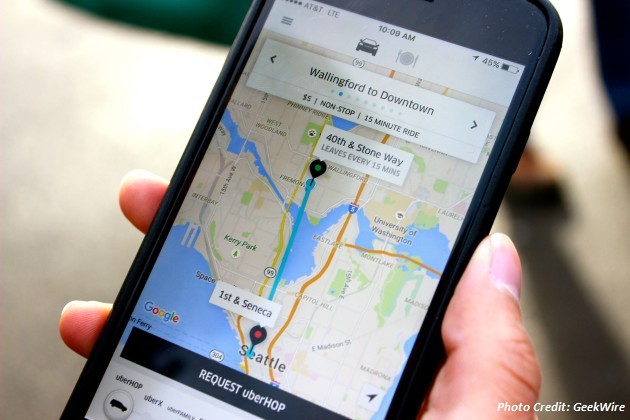The Kennewick School District is the latest to adopt an open door policy on collective bargaining negotiations with teacher unions, giving the public full access to contract talks that used to take place behind closed doors.
The School Board rightly explains that public negotiations should be the standard since "collective bargaining agreements are among the most expensive contracts negotiated by the District, and that both taxpayers and employees deserve to know how they are being represented during collective bargaining negotiations.”
The Board also asserts that allowing the public access will “avoid the potential impression of secret deal-making,” as well as “reduce the amount of misinformation during bargaining.”
The new policy requires that all documents exchanged between school officials and the union representing teachers in the course of contract negotiations be posted immediately on a website, and that all negotiating sessions be open to the public (for observation only, the public is not allowed to participate in any way). However, the Board does allow those meetings to take place in secret “should any bargaining groups be unwilling to jointly conduct open bargaining.”
This loophole is likely an acknowledgement that unions are typically rabidly opposed to open door negotiations and have challenged such policies as an “unfair labor practice” in court. That issue is currently pending in Thurston County Superior Court.
Nevertheless, the district’s move toward allowing the public access to collective bargaining negotiations is important. At the very least, for the first time, parents, teachers, and the media can now read every proposal offered by the Kennewick School District and the teacher’s union. They will no longer be forced to rely on the usual “he said, she said” narrative with no way to substantiate the claims made by each side.
Witnessing firsthand what offers and counteroffers are being made will help identify whether one side or the other is being unreasonable, and quickly reveal who, if anyone, is acting in bad faith. That goes a long way toward building trust between district officials, parents and teachers, and taxpayers in general.
Open collective bargaining is the norm in many states. And it is already being done in several local jurisdictions in Washington—Lincoln County, Kittitas County, Ferry County, Spokane County, and the Pullman School District. Voters in Spokane will be voting in November on a city charter amendment that would require collective bargaining talks between the city and government unions to be transparent and open to public observation.
Considering Washington's open government laws are among the strongest in the nation (while expressly exempting contract negotiations between government and the unions that represent government workers), it's encouraging to see momentum build across the state to ensure that openness extends to public employee collective bargaining.






